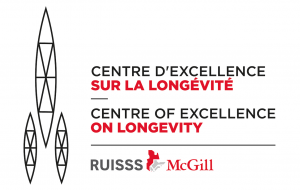Effects of live music concerts on emotion in older inpatients
Background
There is increasing evidence that music presents an easy to implement non-pharmacological intervention in geriatric inpatients. In patients with dementia, several studies have demonstrated that musical interventions can improve cognition, in particular spatial and temporal orientation, episodic memory and working memory. There is also evidence for the use of music in the treatment of Behavioural and Psychological Symptoms of Dementia (BPSD).
Despite existing evidence regarding the use of music in the geriatric population, few formal studies have been performed on the subject, fewer still in the hospital environment. There was therefore a need to further assess the effect of music on short-stay geriatric units.
Since October 2014, live music performances have been a fixture of the geriatric ward at St. Mary’s hospital in Montreal. Volunteer musicians have performed an average of four one hour music sessions every week. Most of these volunteer musicians are McGill University students playing the piano, guitar, saxophone or violin, or singing. On average, four to six patients have attended each performance, on a voluntary basis.
Objective
- To determine whether patients attending live music workshops demonstrated an increase/ improvement in their positive emotions, when compared to a Control group
Methods
The design was a prospective, open, randomized controlled clinical trial with two parallel groups (Intervention versus Control). The recruited elderly inpatients (i.e., ≥65) with cognitive impairment were separated in two groups: 1) the Intervention group attended a live music performance, while 2) the Control group would watch television.
Results
Patients who attended the musical performance displayed a greater increase in their levels of happiness.
Partners
Geriatric Assessment Unit, St. Mary’s Hospital Centre
McGill University
International Laboratory for Brain, Music and Sound Research (BRAMS), University of Montreal



